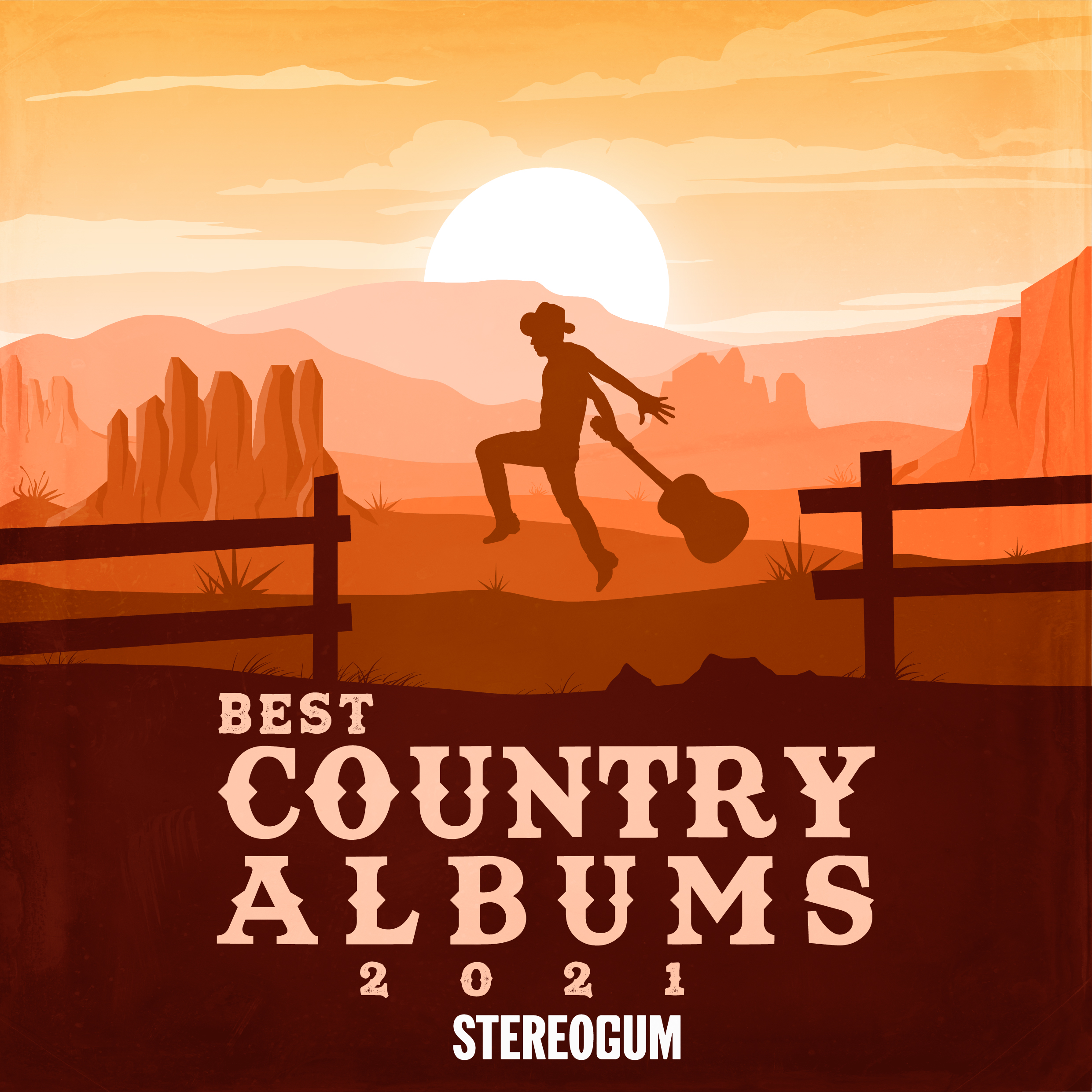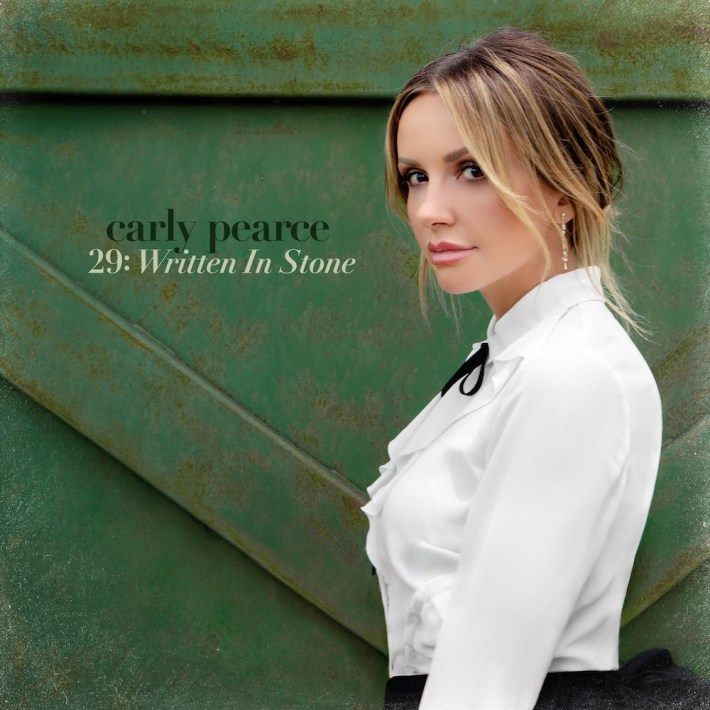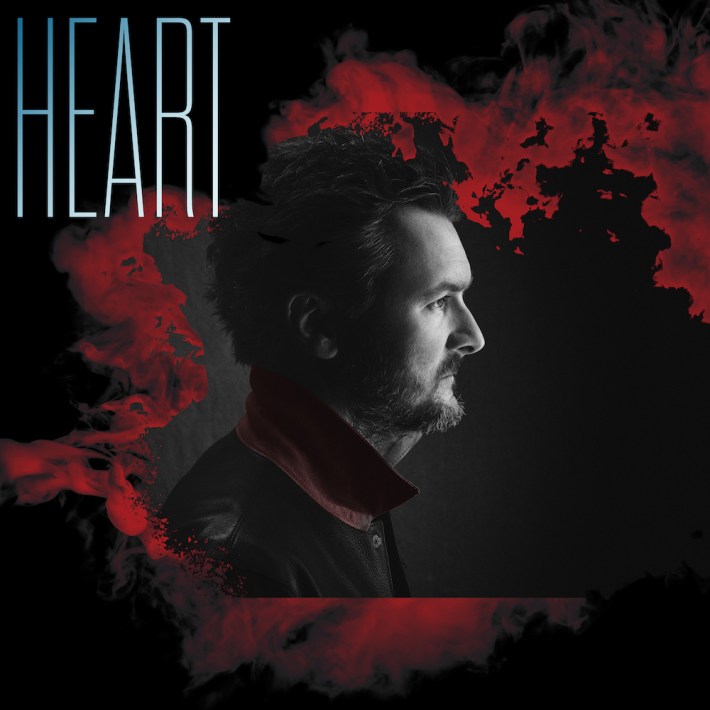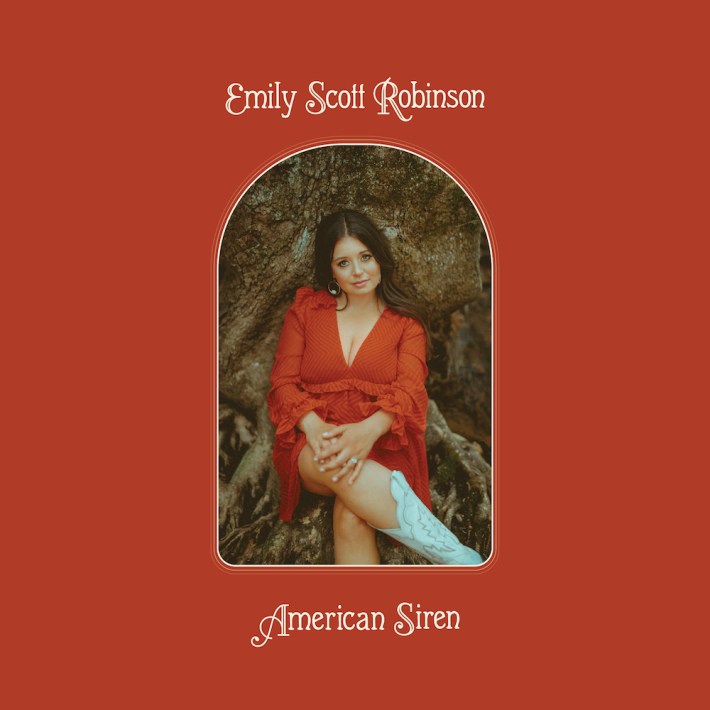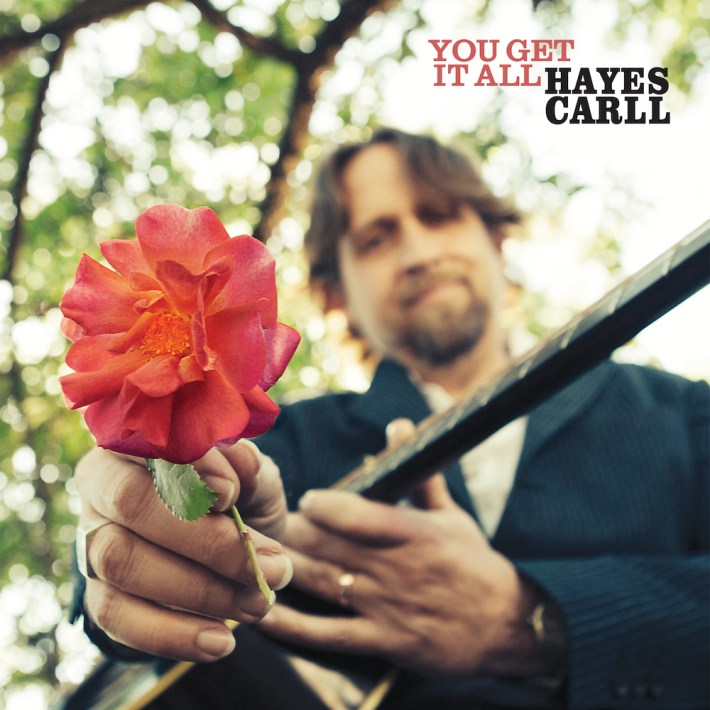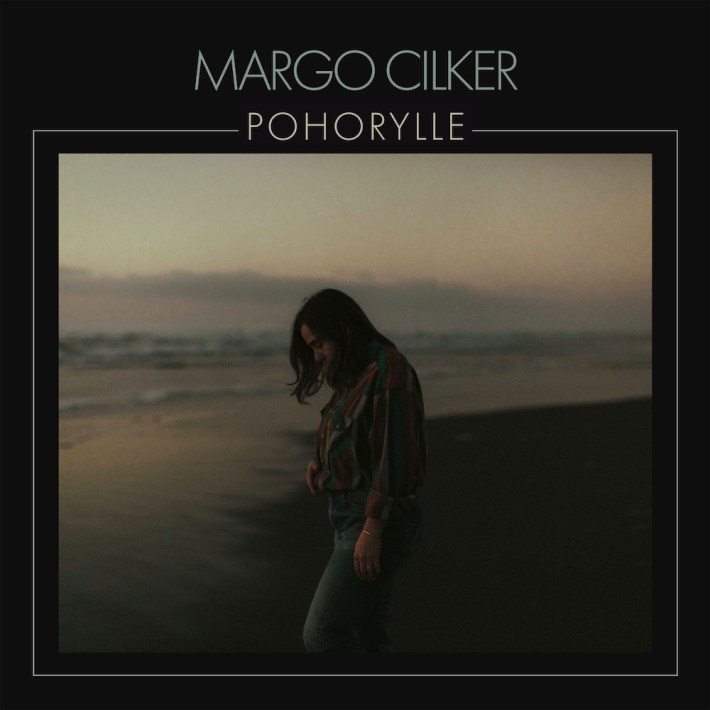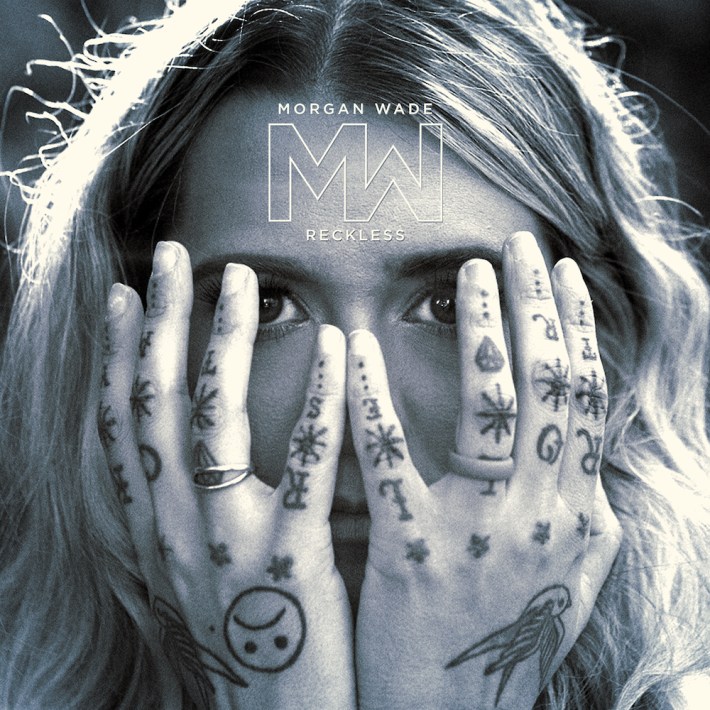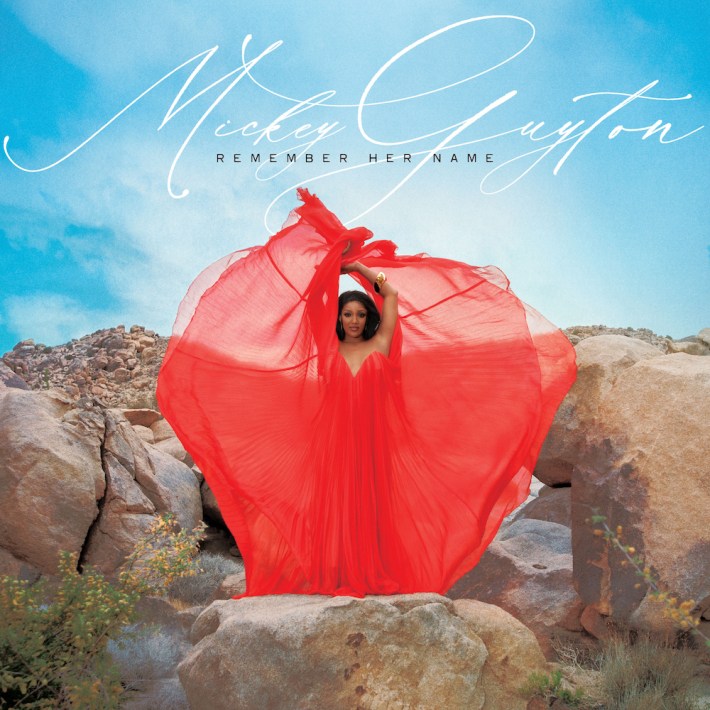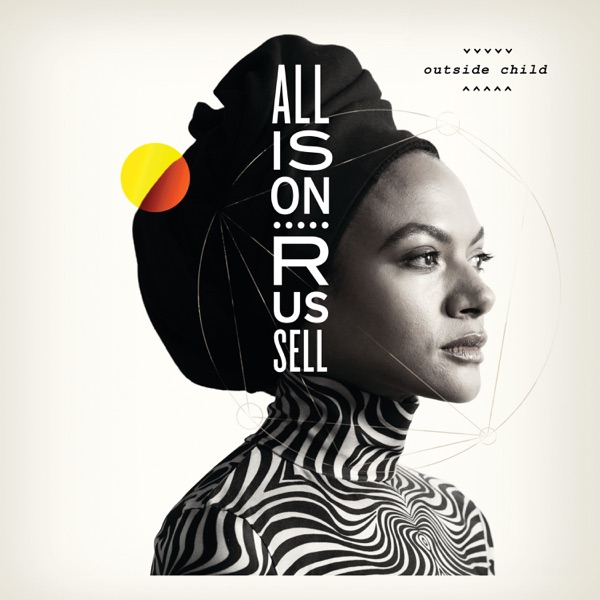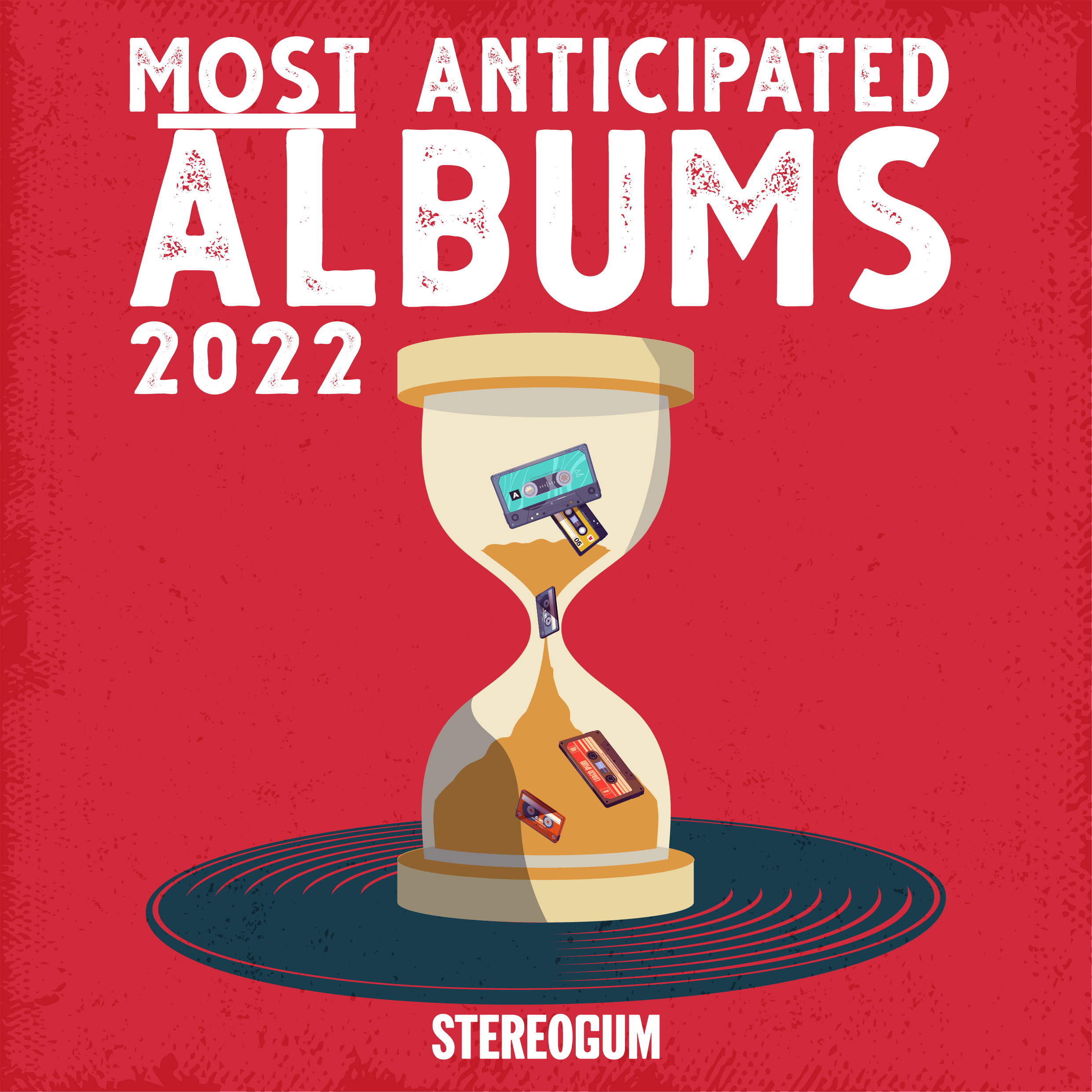In 2021 country music continued to entangle itself in the never-ending debate over what is and isn’t country, and who exactly gets to belong. And, as usual, the industry itself did the bare minimum to participate in this conversation in any meaningful way. Luckily, it was the artists who pushed and pulled boundaries and definitions, sounds and textures, old traditions and new futures: see Adeem The Artist, reinventing who gets to own the working-person’s sound on Cast Iron Pansexual, and Leah Blevins' pitch-perfect honkytonk heartbreak on First Time Feeling. It was Miko Marks’ reclamation of the classics on the brilliant Race Records EP, and Elvie Shane’s Backslider, which forces you to rethink anything you think you know, or assume, about the genre’s Music Row bros. (Hint: That’s always a bad idea.)
Charlie Worsham put a fist -- and a dynamite EP -- through this town with Sugarcane. Yola stood for herself and created a category all her own: not exactly country, but the electric-purple beating heart it needs on Stand For Myself. Miranda Lambert went to Marfa with Jack Ingram and Jon Randall to make a gorgeously raw campfire collection, The Marfa Tapes, and Jason Isbell And The 400 Unit made good on a promise (along with several friends like Adia Victoria, Brandi Carlile, and Brittney Spencer) with Georgia Blue -- both would make this list if not for our rough guideline to focus on albums with primarily new songs, because of the sheer wealth of good work.
This top 10 includes albums that span the loose and ever-richening umbrella of country music: the transformative work of Allison Russell, the potent observations of Margo Cilker, the long-awaited arrival of Mickey Guyton, the poetic prophecy of Hayes Carll. As Guyton sings, "We're cold beer, champagne, millionaires, spare some change and everything in between." She means people, but country music too.
Carly Pearce never hid the artist inside her — the one who was enamored with the great female voices of country music, and loved bluegrass — but after her debut album and breakthrough title track, “Every Little Thing,” her second album found her playing in poppier waters. It suited her well, but the person she becomes on 29: Written In Stone is so realized, it’s hard to imagine she was ever doing anything else. It’s a divorce record, but it also divorces her from the need to make what might work best on Music Row or Country Radio. Songs like “Your Drinkin’, My Problem” pick up where the '90s left off and modernize that sound in the way only Pearce can, bringing catchy twang to a TikTok generation. And damn, can she slay a brokenhearted ballad.
Eric Church did something different — as Eric Church is wont to do — when he released the lead single off Heart & Soul, his double album (or triple album, if you’re in the fan club and received the special & vinyl). A songwriter who almost never records cuts he didn’t have a hand in crafting, he chose "Stick That In Your Country Song" by Davis Naish and Jeffrey Steele alone. As with everything this meticulous artist does, it felt intentional. He couldn’t have written it, because it was served as a reminder for everything he wanted the LP, recorded in the mountains of North Carolina, to be: songs of real people and real struggles, vibrant metaphors, a divorce from the never-ending party. Heart & Soul delivered.
On her 2019 album Traveling Mercies, Emily Scott Robinson showed herself as a songwriter for the ages. It’s no wonder that John Prine’s Oh Boy Records snapped her up for the follow-up, American Siren. “I built myself a beautiful cage,” she sings on the triumphant "Let ‘Em Burn," which digs to the bottom of how country’s idolization of small-town life and big compromises can often lead to the need to torch it all and start anew. That slow flicker is the current throughout all of American Siren, even in its quiet moments: Whether through the simple but potent reminders of “Lost Women’s Prayer” or the life lessons of “Things You Learn The Hard Way,” she’s not so much the preacher but learning with us as we go, her poetry leading the way.
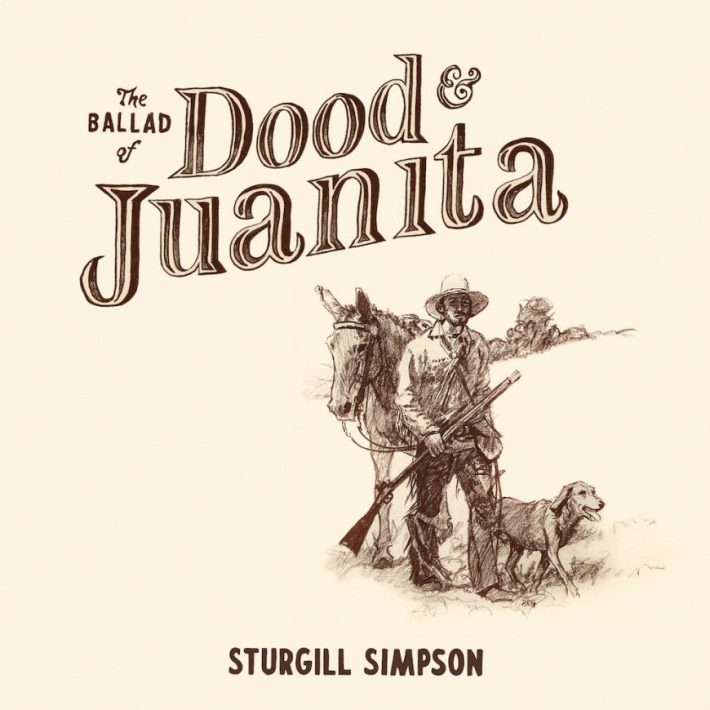
Sturgill Simpson - The Ballad Of Dood & Juanita (High Top Mountain/Thirty Tigers)
In an age where our every move is forecast by an algorithm before we even figure it out ourselves, it’s a salve just how unpredictable Sturgill Simpson’s career and artistry are. No one could have anticipated that he’d re-record a bulk of his discography with a bluegrass band over quarantine, or, after being nominated for Best Rock Album at the Grammy Awards for Sound And Fury, he’d churn out The Ballad Of Dood & Juanita, an "Eastern" tale of romantic redemption and revenge, in less than a week. The story Simpson paints on Dood is so vibrant it feels like watching a movie of melody. We gear up for the road on “One In The Saddle, One On The Ground,” we cry at the death of a beloved dog on “Sam,” we dance in waltzing circles to “Juanita.” Inspired in part by his own grandparents, it blurs the line between history and fantasy in the way only Simpson could so artfully do.
Hayes Carll, curious and empathetic as ever, has a song on You Get It All written from the perspective of someone suffering Alzheimer’s Dementia: "Did I protect my children," he asks, “Did I stand up for my friends?” This kind of songcraft has always made Carll stand above the others — he might be singing about one thing, but he buries essential questions for us all within every verse and chorus. Who doesn’t want to know, after all, if we did the best job we could at being ourselves? You Get It All finds Carll in his sweet spot, offering barn burners, sweet country ballads, and satirical odes. He’s inspired a generation of writers, and yet he just keeps getting better.
There’s so much unexpected joy and wit on the Oregon-based Margo Cilker’s debut Pohorylle — from the horns that roll in to “Tehachapi” to the turns of phrase that would have made John Prine smile (“I fight the urge to ramble with every three-egg breakfast scramble”) — that it’s easy to forget it’s all packed into only 31 minutes. Cilker nudges her delivery from matter of fact to a soft warble, drawing you along in conversation, a bunch of songs for the road we’re all trying desperately to navigate. And once she’s got you, that’s where the punch comes in: “Saw my good friends get married, and then feel alone,” she sings on “Chesters.” Ouch.
“These days when I look back, I just have to laugh,” sings Morgan Wade on Reckless. The Floyd, Virginia native released Reckless after getting sober, and it’s a multidimensional, country-rock look at all the corners of what makes us human: how we can move on despite our pasts, how we can still long for who we were, even when we were flawed and broken. Wade doesn’t try to wrap everything up in a pretty bow. She knows sometimes dropping vices (including a shitty partner) isn’t so cut and dry, and growing doesn’t always mean knowing the answers. “I don’t know what’s wrong with me,” she howls on “Mend,” a massive, lovelorn ballad. And that’s quite alright.
The revolutionary thing — one among many, actually — about Mickey Guyton’s debut album Remember Her Name is how, unlike the bulk of mainstream country music designed for radio, it was not manufactured to speak to everybody. It’s not the story of every country man in a pickup truck, nor every white girl at the beauty salon. The genre’s myth of the “everyman” was never really about everyone, anyway, and Guyton’s mastery comes with how she can make universal, airwave-friendly music while refusing to cater to the most dominating denominator. “Smoke” is a mischievous, twangy ode to sniffing out a philandering lover, “Rosé” a party song radically reclaimed for the girls, and "All American" shows how country’s idea of a patriotic anthem can be far broader and more inclusive than Toby Keith might want you to believe. And damn, those vocal chops.

Brandi Carlile - In These Silent Days (Low Country Sound/Elektra)
The follow-up to Carlile’s Grammy-winning and career transforming record, 2018's By the Way, I Forgive You, In These Silent Days begins with a boost of high drama: “Right On Time” finds Carlile reaching even bigger vocal heights, even bolder flourishes, the kind of awakening we needed to cut through our new lives of isolation. But In These Silent Days, written after Carlile finished her bestselling memoir Broken Horses, doesn’t stay there. It oscillates straight to sweet, harmony-laden love songs, the instant classic “You And Me On The Rock” and “This Time Tomorrow,” before flipping back to a huge Carlile-breed of rock anthem (“Broken Horses”) once we’re downright ravenous for it. Carlile’s talked about the building blocks of this record: the legends, like Elton John and Joni Mitchell, who are not only influences but friends, and the Seattle scene that raised her. Somehow, she still comes out with her most singular sound yet, finding and filling herself — and us — in the silence.
There’s an early moment on Allison Russell’s debut solo LP, Outside Child, where you have to stop and take a breath to really live with what you’re singing along to: Encased in a rolling, gorgeous melody, the lines of “Persephone” fall so easily off the tongue that you’re nearly challenged to resist chanting in unison with her story of horror, abuse, and the hunted-out moments of salvation. But don’t resist: There’s healing in those verses, and she wants us to mend together. It’s this mix of sonic beauty, brutal truths, and call to community that create the template for Outside Child, which is as much about acknowledging trauma, both personal and intergenerational, as it is about creating space for the life we can make despite it all through music, and through love.
